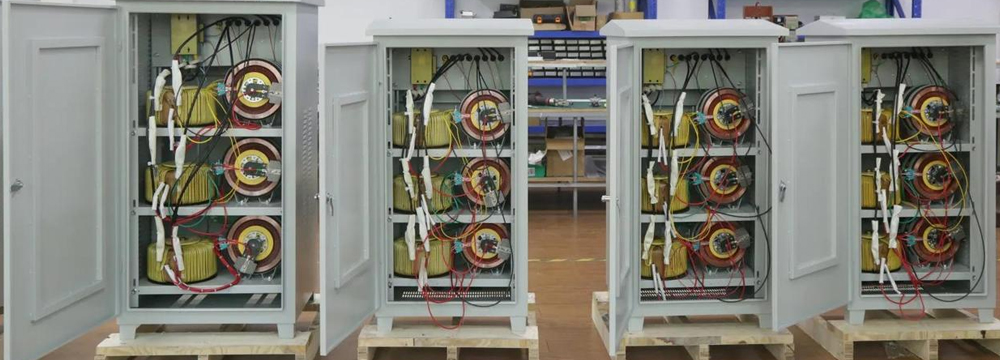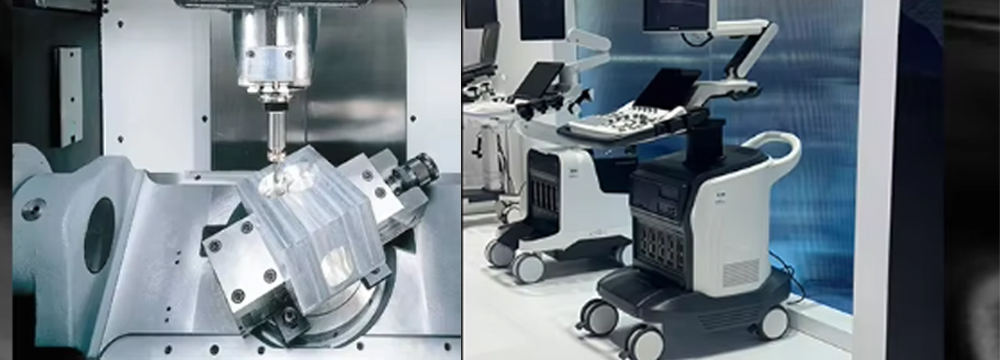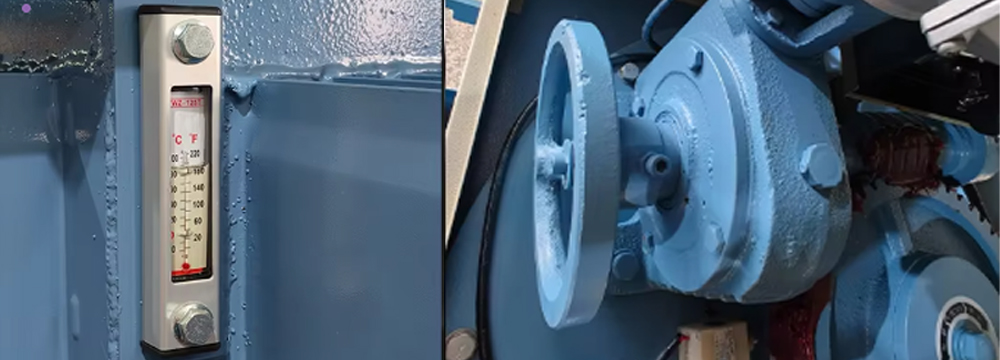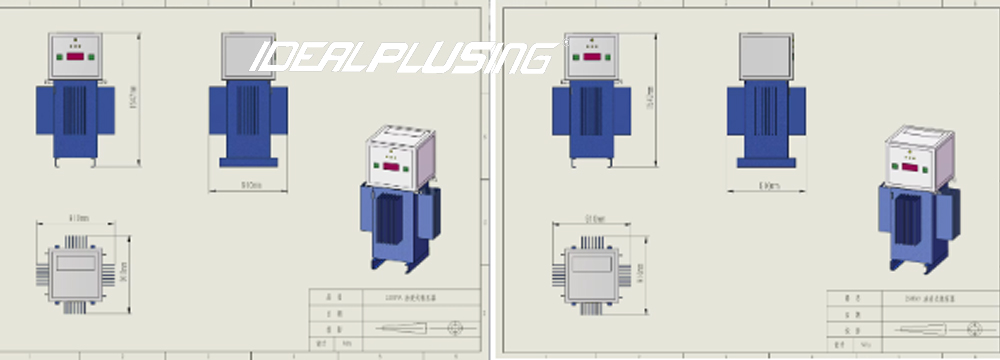Voltage stabilizers are like the unsung heroes of our electrical systems. They quietly work behind the scenes to ensure that our electronic devices run smoothly and safely. But have you ever wondered how long these unsung heroes can last? Let's dive into the key factors that determine the lifespan of a voltage stabilizer and how you can make yours last longer.
1. The Working Environment: Where Your Stabilizer Lives

Imagine working in a place that's always hot, humid, and dusty. You'd probably want to leave pretty quickly, right? Well, voltage stabilizers feel the same way. If a stabilizer is placed in a high-temperature environment, its internal components will age faster, just like how your smartphone might overheat and slow down in the summer. Humidity can also be a big problem. It can cause the circuit boards to corrode, similar to how moisture can damage your electronics during a rainy season. Dust is another silent killer. It can clog the ventilation holes and make the stabilizer overheat. So, giving your stabilizer a clean, cool, and dry home is the first step to a longer lifespan.
Tip: Place your stabilizer in a well-ventilated area, away from direct sunlight and moisture. Regularly clean the area around it to keep dust at bay.
2. Load Characteristics: How Hard Your Stabilizer Works

Voltage stabilizers are like diligent workers. They take in unstable voltage and transform it into a stable output for your devices. But if they're constantly overworked or if the load keeps changing drastically, they'll get tired and worn out. For example, if a stabilizer is always running at its maximum capacity, it's like a car engine running at full speed all the time—it will eventually break down. Similarly, if you frequently turn on and off devices connected to the stabilizer, it has to keep adjusting its output, which puts a lot of stress on its components.
Tip: Choose a stabilizer with a power rating that matches your needs. Avoid overloading it and try to minimize the frequent switching on and off of connected devices.
3. Maintenance: The Regular Check - Up

Just like you need regular health check - ups to stay fit, voltage stabilizers need regular maintenance to keep running smoothly. Cleaning the stabilizer regularly can prevent dust buildup, which helps in better heat dissipation. Checking the connections to make sure everything is tight and secure can prevent short circuits and other issues. Replacing old or worn - out parts, like capacitors or fuses, is like giving your stabilizer a fresh lease of life. Imagine if you never changed the oil in your car; it wouldn't run very well for long. The same goes for stabilizers.
Tip: Create a maintenance schedule. Clean the stabilizer every few months, check the connections regularly, and replace any parts that show signs of wear and tear.
4. Quality and Brand: The Importance of a Good Start

You know the saying, "You get what you pay for." This is especially true for voltage stabilizers. High - quality stabilizers are made with better components and more advanced technology, which means they can handle more stress and last longer. Think of it like buying a good - quality pair of shoes. They might cost more, but they'll last longer and be more comfortable than a cheaper pair. So, when you're choosing a stabilizer, don't just look at the price. Look at the brand and the quality of the product.
Tip: Invest in a stabilizer from a reputable brand. It might cost a bit more upfront, but it will save you money and hassle in the long run.
5. Usage Habits: How You Treat Your Stabilizer
The way you use your voltage stabilizer can also affect its lifespan. For example, constantly turning it on and off can cause wear and tear on the components. Using it in an area with unstable voltage without proper protection can also damage it. It's like driving a car on a bumpy road without shocks; it won't last very long.
Tip: Avoid unnecessary switching on and off. If you're not using the stabilizer for a long time, it's better to unplug it completely.
Conclusion
The lifespan of a voltage stabilizer is influenced by several factors, including its working environment, load characteristics, maintenance, quality, and how you use it. By paying attention to these factors, you can significantly extend the life of your stabilizer and ensure it keeps your devices running smoothly. So, give your stabilizer the care it deserves, and it will be your reliable companion for years to come. If you found this article helpful, feel free to share it with your friends and family. Let's all keep our electrical systems running smoothly!







